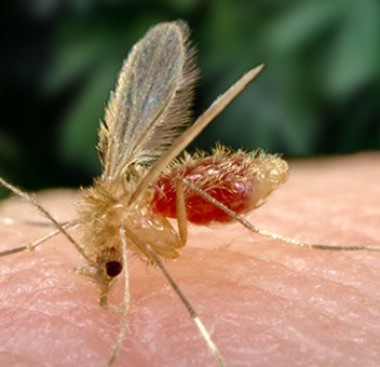NETHERCUTT DOMESTIC TERRORISM BILL TARGETS ANIMAL RIGHTS CRIMES
By: Staff Date: 11/7/2004 Category: | Animal Legislation | Animal Rights Extremism |
In March, Congressman George Nethercutt, currently a candidate for US Senate,* promised a "full court press against the terrorists" in his presentation to the NAIA "The Price We Pay" conference in Washington DC. Noting that the crimes committed by animal rights and environmental radicals are a growing threat to freedom, he promised to introduce a bill that would target the "shadow organizations" that carry out and support the use of threats, vandalism, harassment, arson, bombings, and other crimes.
In May, Nethercutt carried out his promise when he introduced HR4454, the Ecoterrorism Prevention Act of 2004. HR4454 is designed to protect animal and plant businesses and interests from the crimes committed by animal rights and environmental terrorists.
HR4454 contains a host of provisions sought by NAIA and other animal welfare and property rights organizations.
The bill covers agricultural research facilities, fairs,and exhibits; commercial and academic enterprises that use plants or animals for research or commercial purposes; zoos, aquaria, circuses, rodeos and others that use animals for exhibit or entertainment; and facilities managed or occupied by groups of food or fiber producers, processors or researchers.
HR 4454 provides for victims to recover the loss of revenue caused by the disruption, including costs related to business recovery.
Penalties in the bill are stiff. Those convicted of using explosives or arson to damage or destroy animal or plant facilities face at least five years behind bars; maximum sentence is 20 years.
Preventive measures in the bill include establishment of an incident clearinghouse to catalog incidents of animal rights and environmental terrorism and provide information to law enforcement agencies investigating similar crimes and a process for designating groups as domestic terrorist organizations. The information center will be managed by the FBI.
HR4454 also includes security enhancement grants for colleges and universities, which are often targets of anti-research zealots, and allows the government to seize the assets of groups determined to be domestic terrorists. Such designations last for two years and must be renewed at the end of that period. Congress can block the designation for any group. Any group identified as a domestic terrorist group can appeal the label to the US District Court of Appeals in Washington DC.
Organizations identified as domestic terrorist groups will lose their tax-exempt status as charities.
Designation as a domestic terrorist organization is made by the Attorney General of the US and is based on the following information:
- the organization engages in terrorist activity or retains the ability or intent to do so, and
- the terrorist activity threatens the security of the US or US nationals.
Congress has paid more attention to the domestic terrorism practiced by those who claim to be working on behalf of animals and the environment. Representatives have heard testimony from a range of victims of such attacks and from federal agents who investigate a growing list of crimes that have cost hundreds of millions of dollars in losses.
HR4454 has four cosponsors: Randy (Duke) Cunningham, [CA-50]; Doc Hastings, [WA-4]; Rick Larsen, [WA-2]; and C. L. (Butch) Otter, [ID-1]. The bill did not progress past the committee.
* Congressman Nethercutt lost his bid for a Senate seat in 2004.
About The Author
All Authors Of This Article: | Patti Strand |












